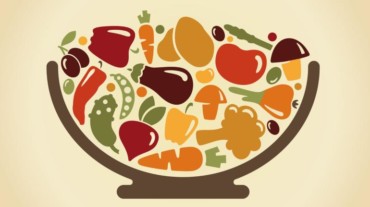Chat with ![]()

Chat with ![]()


Pain, cramping, bloating and abdominal pain could be very normally experienced during periods, but have you ever experienced diarrhea during periods? It is surely not a pleasant feeling. However, it’s normal to have diarrhea before or during periods. The same hormonal changes that cause contraction of your uterus and its lining can also have an effect on your gastrointestinal (GI) tract.
While usually, it is not a matter of grave concern, steps should be taken to either prevent or reduce your symptoms regarding period poop. To know more on this subject, Health Shots got in touch with Dr Pooja C. Thukral, Associate director – Obstetrician and Gynecologist at Cloudnine Group of Hospitals, Faridabad.
According to Dr Thukral, hormonal changes during periods are normal. Due to this, certain chemicals are released. These chemicals are known as prostaglandins. So, when prostaglandins act on the uterus, a woman experiences abdominal cramps, and if these chemicals are released in the intestine, it may be experienced as diarrhea.

Diarrhea is nothing but an increased frequency of motions. These may be loose and watery.
It is still not properly known whether the prostaglandins released in the uterus are absorbed by the blood and travel to the intestine or are these chemicals simultaneously released both in the intestine and uterus. While these are reasons for abdominal pain or bloating, women may also experience period diarrhea aka period poop.
The following measures can help curb the symptoms of diarrhea or pain during periods.
The simplest thing to do to deal with period poop is to increase your fiber intake during periods. “High fiber diet mostly includes salads and fruits. Coffee should be strictly avoided at this time because coffee is a natural laxative,” says Dr Thukral. Additionally, other foods such as artificial sweeteners, dairy products, and spicy and very sugary foods can also aggravate your diarrhea.

If you tend to have period diarrhea, you should improve your fluid intake because persistent diarrhea can dehydrate you. To deal with dehydration, Dr Thukral suggests taking an electrolyte solution, ORS, Glucon-D mixed with water or coconut water.


There are some medications available that can reduce the release of prostaglandins in the body. So, Dr Thukral reckons taking one tablet before the period starts. It will help you with period cramps as well as period diarrhea. However, as per the expert, it is not routinely recommended. It should only be taken if the aforementioned general measures have failed to show any fruitful results.
Lastly, if you feel any of the anti-prostaglandin medications are not seeming to be of any help to treat period diarrhea, then your gynecologist can put you on an oral contraceptive pill for long-lasting effects.